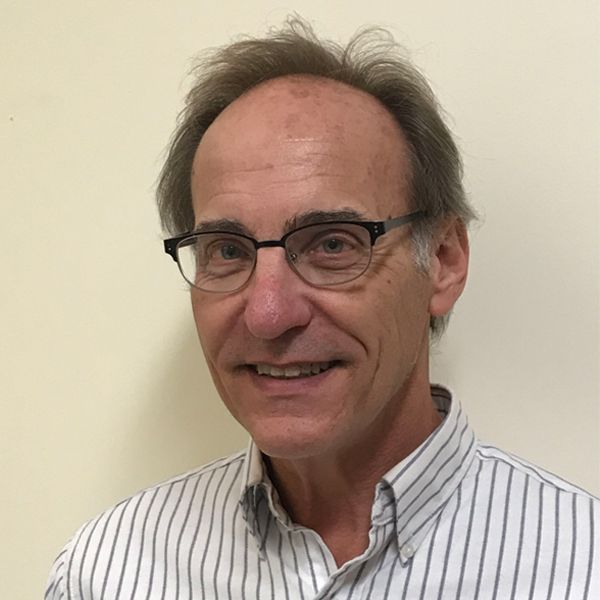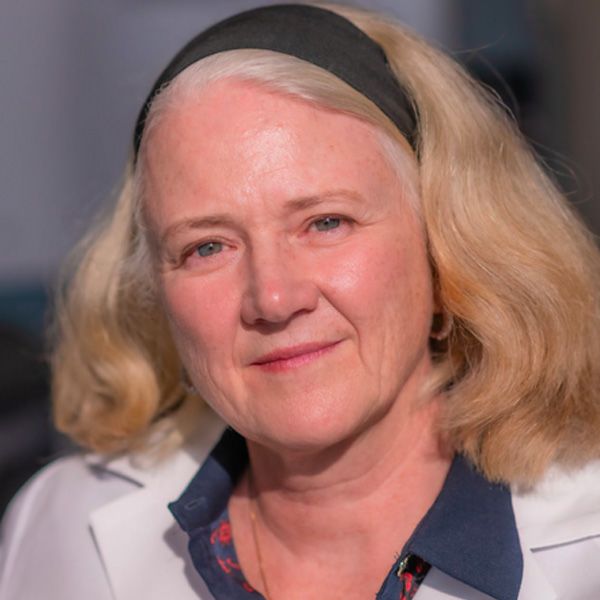2023 Movember, Todd Boehly, Shmuel Meitar, Richard Merkin, MD, Marcel Claure-PCF Challenge Award


Identification of Patients at High-Risk of Metastatic Disease after Neoadjuvant Intensive Androgen Signaling Inhibition
Principal Investigators: Mary-Ellen Taplin, MD (Dana-Farber Cancer Institute), Steven Balk, MD, PhD (Beth Israel Deaconess Medical Center)
Young Investigators: Praful Ravi, MD (Dana-Farber Cancer Institute), Joshua Russo, MD, PhD (Beth Israel Deaconess Medical Center), Zijun Frank Zhang, PhD (Cedars-Sinai Medical Center)
Co-Investigators: Eliezer Van Allen, MD (Dana-Farber Cancer Institute), Corey Arnold, PhD (University of California at Los Angeles), Huihui Ye, MD (Cedars-Sinai Medical Center), Stephanie Harmon, PhD (National Cancer Institute), Adam Sowalsky, PhD (National Cancer Institute)
Description:
- Recent prostate cancer clinical trials have demonstrated that treatment with androgen receptor signaling inhibitors (ARSI) earlier in the disease course can significantly extend patient survival. Even earlier usage of ARSI, given prior to radical prostatectomy (“neoadjuvant”), may further improve outcomes in certain patients.
- Mary-Ellen Taplin and colleges have completed several phase 2 clinical trials testing ARSI combinations prior to surgery in patients with high-risk localized prostate cancer. Thes trials have suggested that more intense ARSI neoadjuvant combinations may improve outcomes compared to standard of care prostatectomy. However, confirmatory phase 3 trials, as well as biomarkers to identify patients most likely to benefit from this approach, are needed.
- In this project, Dr. Taplin and team will identify biomarkers that predict which patients are at higher risk of recurrence and would benefit from intense neoadjuvant ARSI therapy, vs. patients with good prognosis who can be spared from further therapy. These biomarkers will be validated in an ongoing phase 3 trial testing neoadjuvant intense ARSI (ADT + apalutamide) followed by prostatectomy vs. prostatectomy alone.
- If successful, this project could lead to a new paradigm for the management of patients with high-risk localized prostate cancer and a decrease in the number of patients who progress to lethal prostate cancer.
What this means to patients: A large proportion of patients with high-risk localized prostate cancer will eventually recur after initial treatment with prostatectomy or radiation therapy +/- ADT. Phase 2 trials have suggested that some of these patients may benefit from neoadjuvant intensive ARSI. Dr. Taplin and team are leading a confirmative phase 3 trial testing neoadjuvant ARSI in patients with high-risk localized prostate cancer and will develop biomarkers to identify patients most likely to benefit from this more intense treatment approach. This could lead to a new treatment paradigm that will cure more patients at the localized disease stage.

